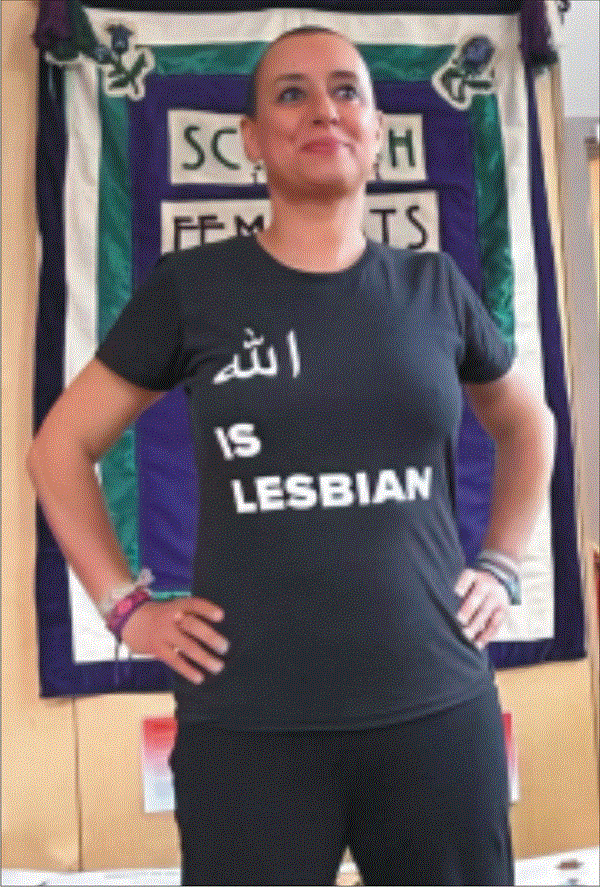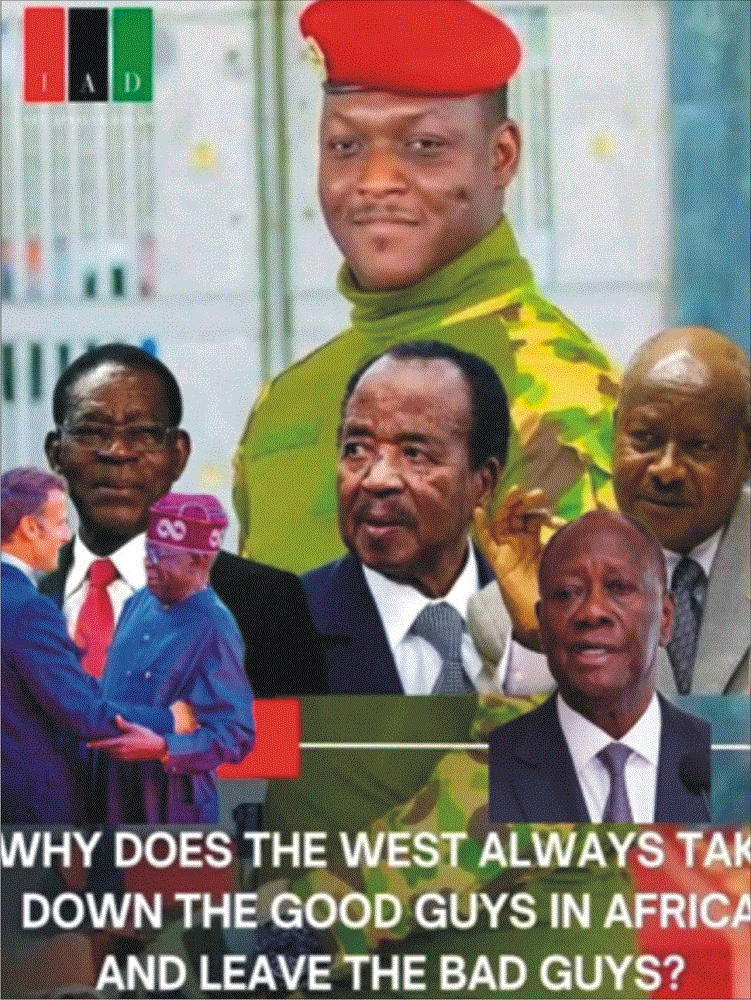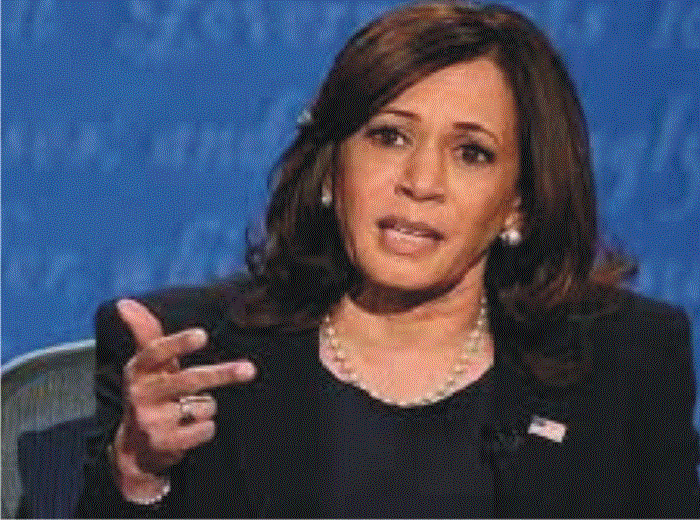South Africa’s State-owned Oil Company Signs Deal to Explore Highly-prospective Oil Block B2 in South Sudan
South Africa’s state-owned oil company Strategic Fuel Fund (SFF) will own and operate Block B2; In 2018, South Africa agreed to invest $1billion into South Sudan’s energy infrastructure; South Sudan has the third-largest oil reserves in sub-Saharan Africa, estimated at 3.5 billion barrels, with just 30 percent of the country explored.
South Africa today signed an exploration and production sharing agreement (EPSA) with South Sudan for Block B2.
The deal – which is strategic for South Africa as an energy consumer – will see Block B2 operated by the state-owned Strategic Fuel Fund (SFF), the Ministry of Petroleum and Nilepet – the national oil company of the Republic of South Sudan. This is the second EPSA signed since South Sudan gained independence in 2012 and shows progress for the country’s oil industry as production resumes at existing oilfields and new exploration begins.
South Sudan is an established, world-class petroleum producing region, whose territory includes a large part of the Cretaceous rift basin system that has proved petroliferous in Chad and Niger as well as Sudan. It currently produces 160,000 bopd, and aims to increase production capacity to 270,000 bopd by the end of the year. The country has the third-largest oil reserves in sub-Saharan Africa, estimated at 3.5 billion barrels, with just 30 percent of the country explored to date.
Under this new EPSA which includes a six-year exploration period, the SFF alongside Nilepet, will launch a comprehensive aero gravity survey exploration campaign, seismic acquisition and drilling wells with great prospectivity. The SFF will also invest in capacity building initiatives, training of South Sudanese citizens, investing in social and community development projects and ensuring local content and women empowerment.
“The petroleum resources of Block B2 are vast. For South Sudan to reach its target of bringing back production levels of around 350,000 barrels of oil per day (bopd) and beyond, we need committed new entrants like the SFF,” said the Minister of Petroleum Hon. Amb. Ezekiel Lol Gatkuoth. “South Sudan has great potential, yet our country remains vastly under-explored, and we believe the entry of new players like the SFF will lead to new world-class discoveries very soon given the aggressive exploration program and great petroleum viability of Block B3. This will support South Sudan’s economic revival and improve trade with other African countries.”
“We are bullish about this strategic and unique opportunity into Block B2 with great petroleum potential. It provides South Africa with a chance to further strengthen its energy security while entering one of the top three most lucrative onshore oil and gas markets in Africa,” said Hon. Jeff Radebe, South African Energy Minister. “South Africa has supported peace and economic development in South Sudan since the country’s independence and this is the continuation of long-term cooperation between both our countries and people. Investment is key to guaranteeing the economic progress of South Sudan”
Last year, South Africa’s Department of Energy pledged to invest $1 billion into South Sudan’s petroleum industry, with the aim of securing affordable energy supplies for South Africa. The countries are now in talks to set up a 60,000 barrel per day refinery to supply oil products to the local market in South Sudan, as well as to secure exports to Ethiopia and other neighboring countries.
“SFF is looking forward to working with our partners in South Sudan to make discoveries on this block. We believe there are highly significant quantities of oil in Block B2. Our work program and acquisition of new seismic will reveal better information on various structures. We look forward to a few wildcats and appraisal wells in the near future. We are thankful to the Government of South Sudan for this opportunity,” stated Godfrey Moagi, acting CEO of SFF.
The B2 area includes productive parts of the Muglad Basin and is part of the 120,000km2 Block B which was split into three in 2012. There has been much interest in South Sudan’s Block B acreages since the entry of Oranto Petroleum to Block B3 in 2017. Much of South Sudan’s oil and gas blocks are yet to be fully explored and resources assessed.




